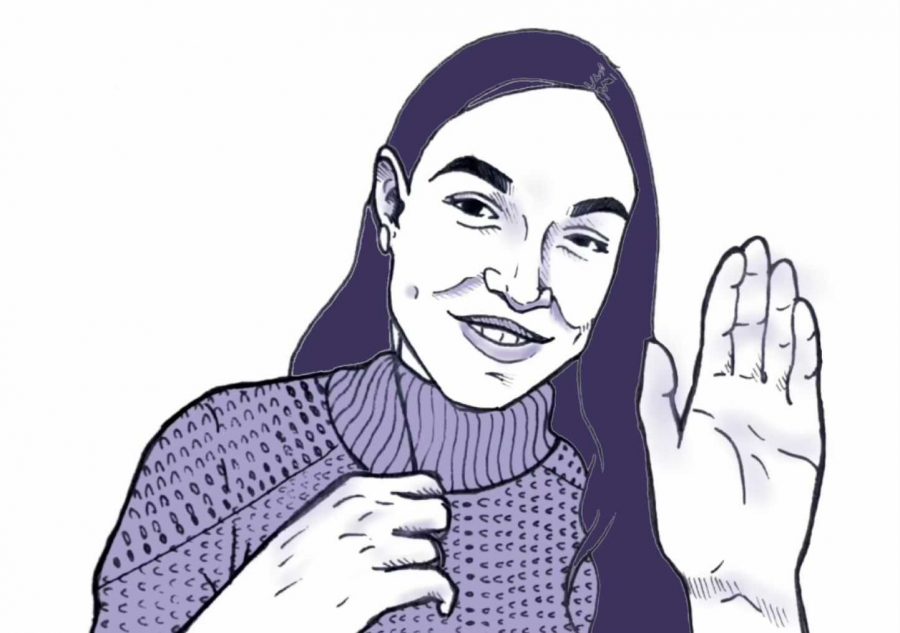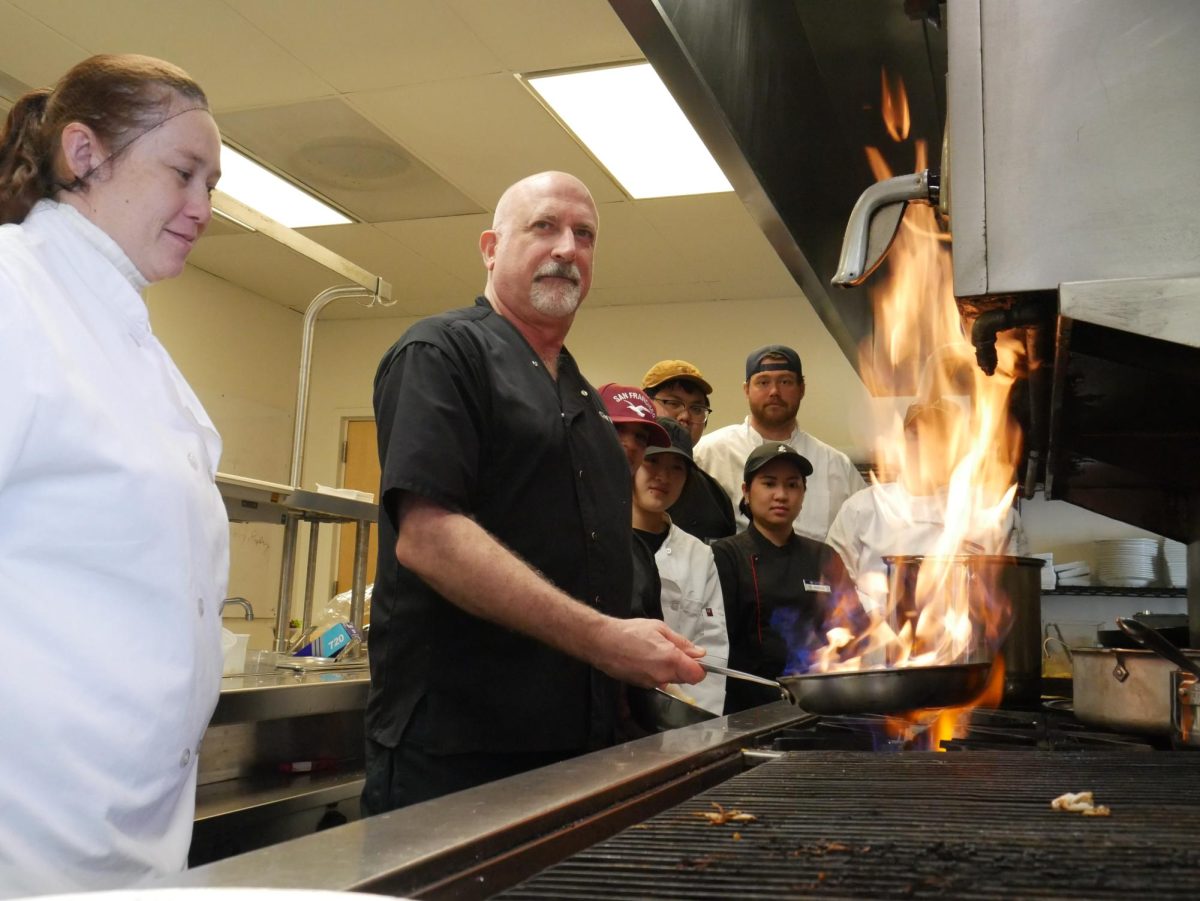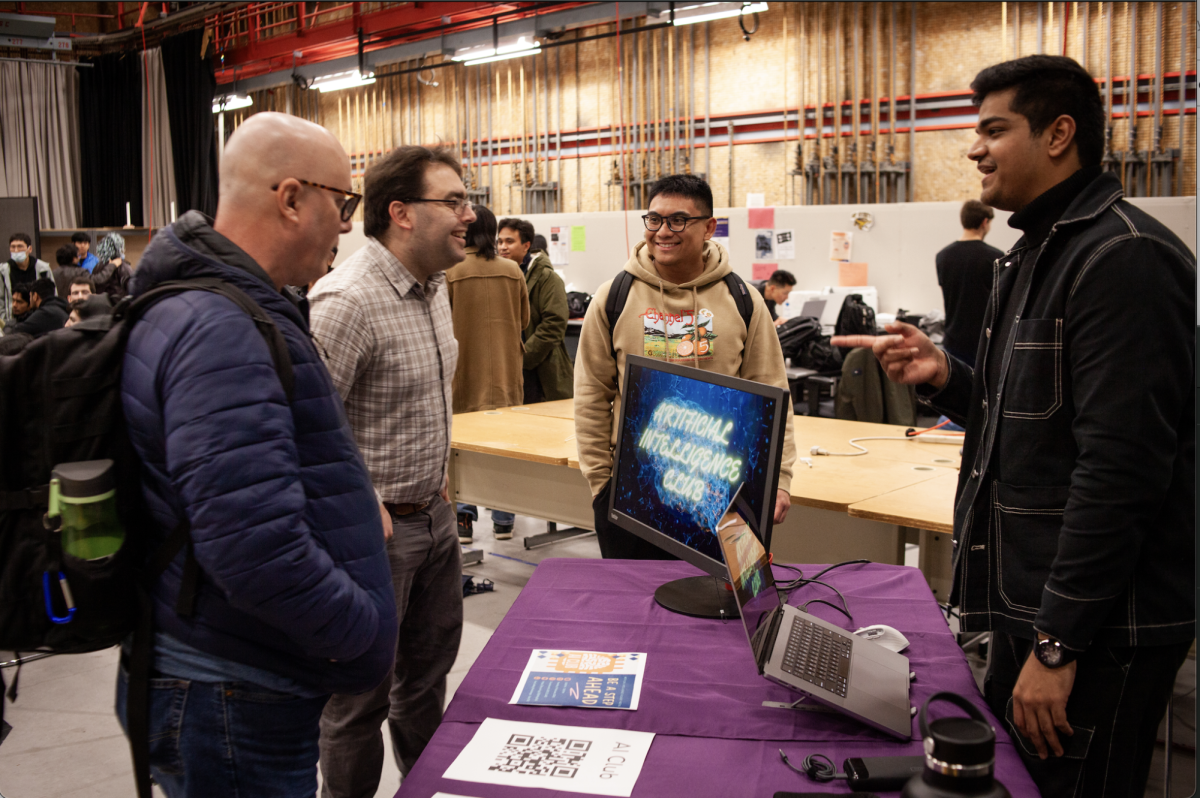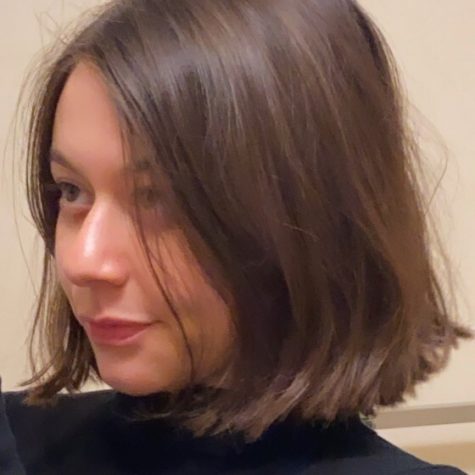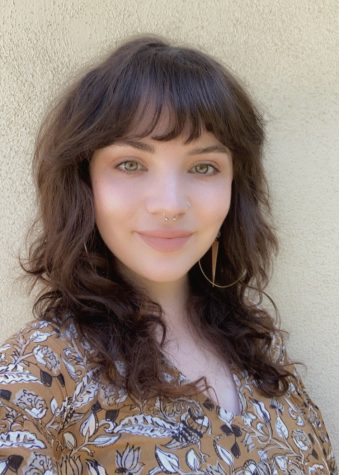Trigger Warning: Sexual Abuse and Violence
Hashtags such as #AOClied, #AOCLiar and #AOCSmollett began trending on Feb. 3, two days after Rep. Alexandria Ocasio-Cortez described her experience at the Capitol insurrection on Instagram live. It wasn’t the first time she publicly spoke about her own experiences to denounce the rhetoric of abusers.
But this time, Ocasio-Cortez revealed that she is a sexual assault survivor.
While some may believe that advocating for herself was easy, Ocasio-Cortez talked about the internal conversations she had before telling her story.
Ocasio-Cortez said in her livestream on Feb. 1 that she hesitated, concerned that her narrative wasn’t an important part of the insurrection and worried others would believe she was making it about herself.
She even apologized directly to her family and close friends who would find out about her experience at the same time as the rest of the world.
According to The Rape, Abuse & Incest National Network, the nation’s largest anti-sexual violence organization, women ages 18-24 who are college students are three times more likely to experience sexual violence than women in general.
SF State students and faculty largely feel that AOC’s livestream was as important for them to see as women, allies and survivors. Although, both the accusations of her lying and her experience of sexual assault left them feeling painfully unsurprised.
Daja DuBois-Walker, a graduate student in SF State’s Women’s Studies program, said the livestream brought to mind a shared struggle of people of color and women, who can especially find it difficult to stand up for themselves due to concerns that they’re going overboard and playing into stereotypes.
“I see that in myself, battling the ‘angry Black woman’ kind of thing,” DuBois-Walker said. “It’s once you realize that that’s not your responsibility to debunk or to take on other people’s impressions of you [that] you can speak your mind. I feel like that’s when you’ll be at peace with it. So, I needed to see that. And I was really glad that she did.”
Research has found that the trauma endured by survivors of sexual assault is heightened by the experience of societal traumas such as racism, homophobia, and poverty.
The Human Rights Campaign have reported that 2020 has been the most violent year since they began tracking violence against Black and Latinx transgender women in 2013. A total of 44 deaths. Often these stories go unreported, so they stress these numbers might be lower than the reality.
“There’s the doubt the world puts on you,” Ocasio-Cortez said on the live stream. “That bad actors put on you, that perpetrators put on you, and there’s a doubt that you put on yourself. So, the moment a person actually admits, ‘this thing happened to me,’ and they’re willing to say that to themselves, I think it is a really important first step.”
Ocasio-Cortez said that internal invalidations are re-traumatizing, and that the healing process is reliant on community support. In her recount of the story, she expressed the crucial role Rep. Ayanna Pressley’s validation played in her healing process.
SF State political science professor Amanda Roberti said that the comradery among women in Congress is powerful to see in such a male-dominated field. Roberti said she loved hearing that Rep. Katie Porter and Rep. Ayanna Pressley sheltered Ocasio-Cortez in their office and fed her the night the Capitol was stormed, recognizing how traumatized she was.
“There’s an importance to having folks who share similar experiences about the world in the same public spaces, because they could be a safe haven,” Roberti said.
Not all places are safe for a survivor to tell their story. Initially, the #AOClied trend was filled with attempts to discredit Ocasio-Cortez’s experience.
“When you are doubting a woman, a woman of color, a trans person, a queer person, a cisgender man, when you’re doubting any survivor’s story, you are directly telling them that their existence does not matter,” DuBois-Walker said.
That’s when supporters flocked to Twitter to overwhelm the hashtag with dog photos and words of support to Ocasio-Cortez. She thanked everyone in a tweet, attached to which was a video of her dog camping in a dinosaur costume. The attempts to discredit her story were ultimately debunked.
SF State student Shreya Joshi, a senior majoring in communications, said that over the course of her life she had heard and supported the stories of many friends who have been sexually assaulted. Joshi said she wants people to ask themselves how they can ensure that the story of a survivor is heard and supported.
“First thing that I would do as an ally is ask what kind of support do you need,” Joshi said. “Do you want to be just heard? Do you want me to just speak to you? Am I allowed to chime in?”
Listening plays a big role in supporting the stories of survivors, according to DuBois-Walker.
DuBois-Walker stressed that listening is so crucial because healing can look different for all survivors — she knows this. The idea of her abuser going to jail scared her. To her, law enforcement doesn’t solve the problem of sexual assault, she said.
“I did not want this person or any of the other people to go to jail,” DuBois-Walker said. “I wanted to exist, I wanted them to take responsibility. Genuinely, for me, I just wanted an apology.”
DuBois-Walker encouraged people to have conversations with survivors and in these conversations, listen; all that survivor wants is to be heard.
Ocasio-Cortez closed the live stream speaking to all those who listened to her story and may have stories of their own.
“If you’ve experienced trauma in your life,” Ocasio-Cortez said, “I hope you know that you don’t need to have experienced the worst thing or the biggest thing. If you experience something, talk to someone about it and acknowledge it in your heart. And I hope that you get the courage to do everything that you need to do to heal.”





